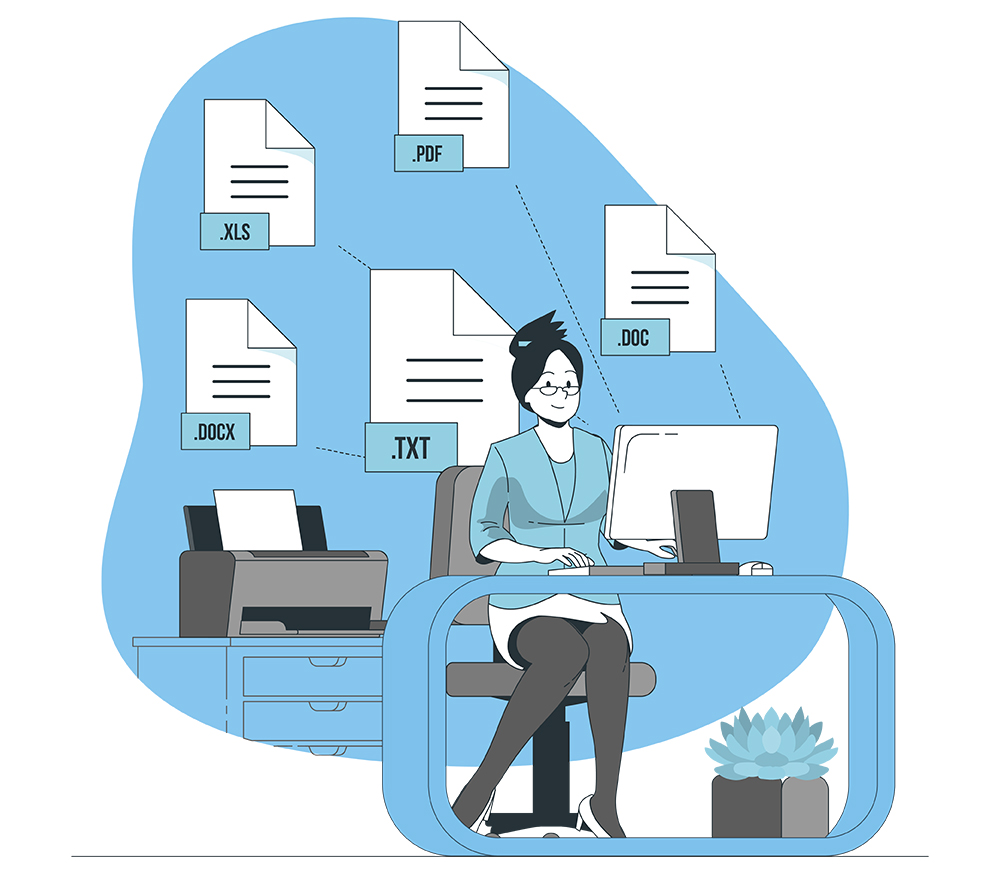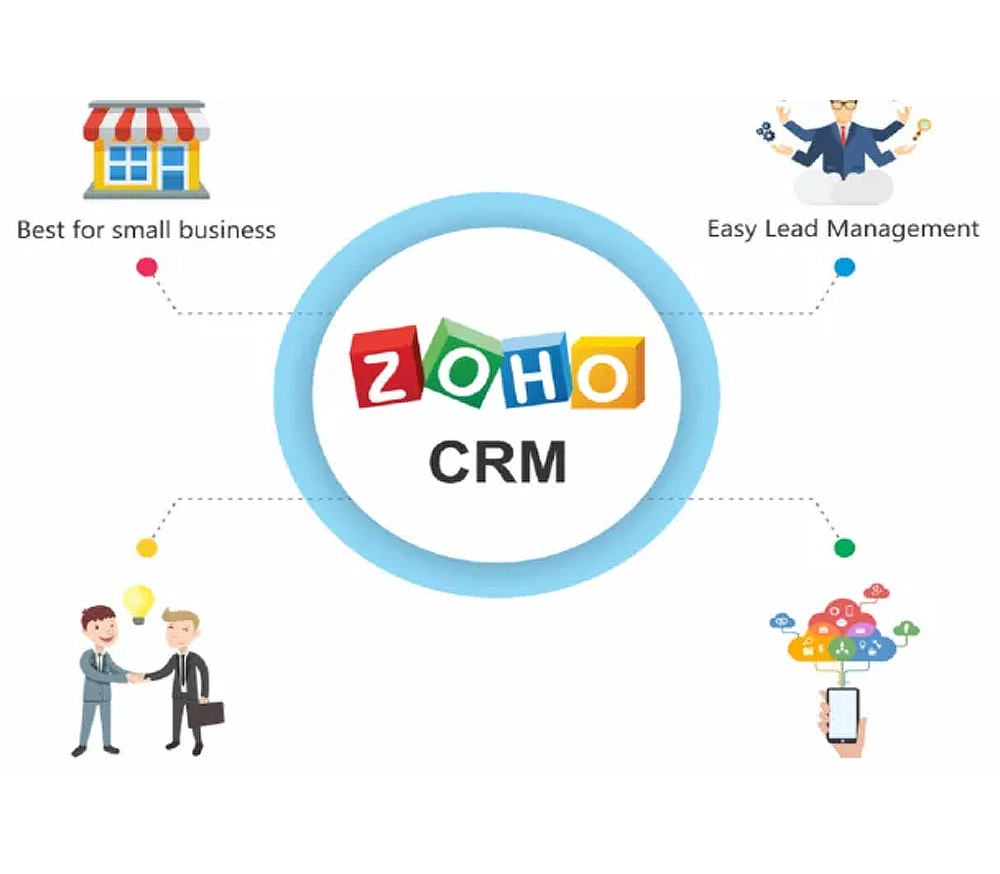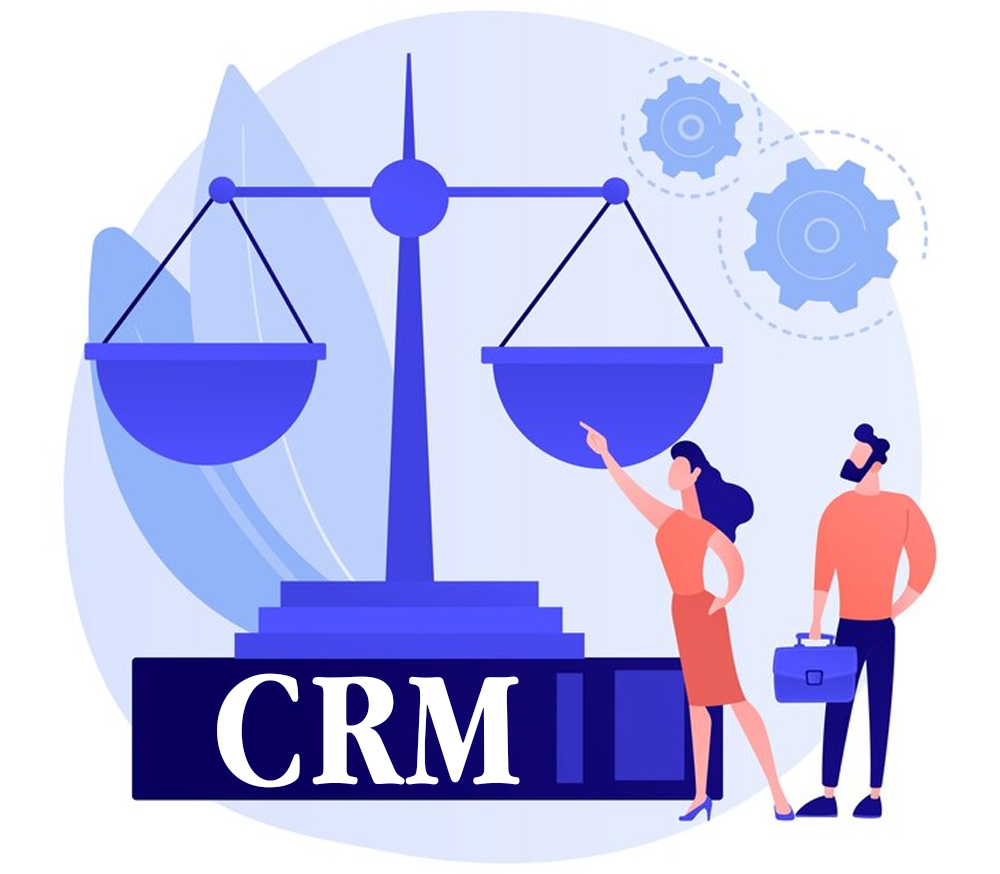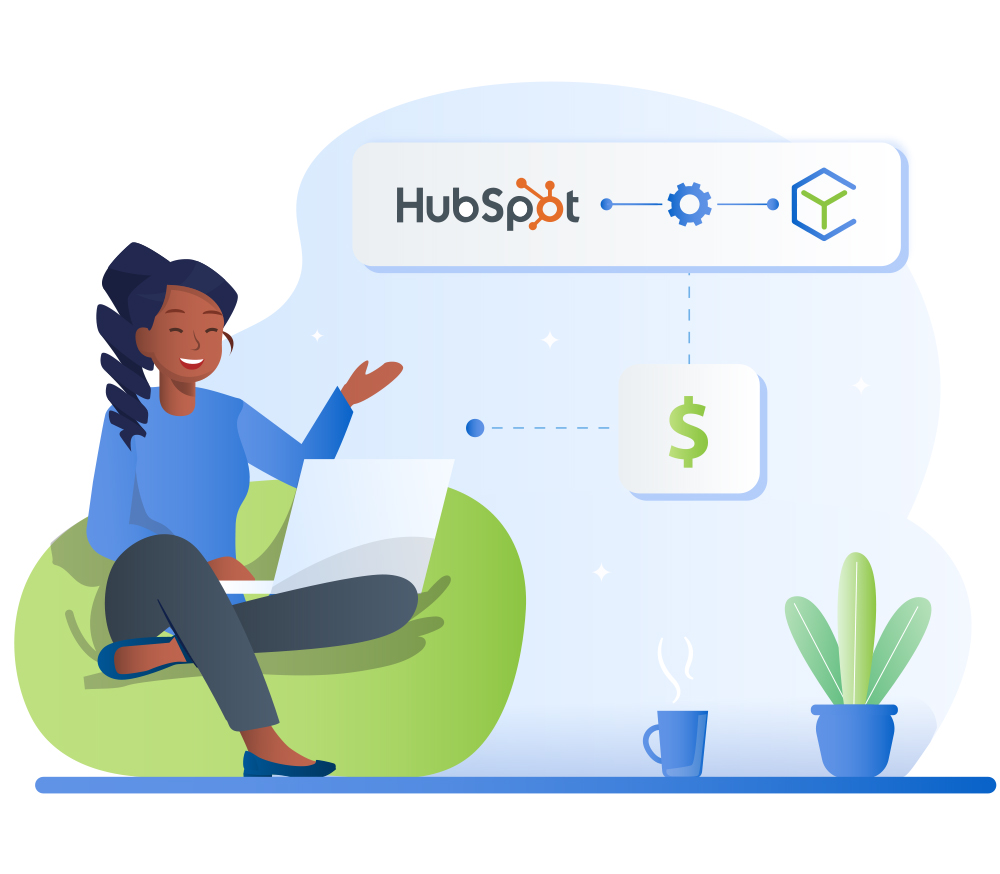CRM SOFTWARE FOR LAW FIRMS!
The key to effectively managing leads and clients so your practice may better serve the requirements of people you wish to serve is legal CRM (Client Relationship Management) for law firms. Hub Spot is thought to be a useful tool for managing every work that involves interacting with customers for law firms. It makes it easier for legal companies to manage their communications, sales, marketing, and clientele in one location. Smaller law companies may gain more from CRM software even though they handle less business than larger ones. CRMs are generally filled with a plethora of digital capabilities that help you personalize, streamline, and enhance the connections you make with your clients. Relationships are the cornerstone of a team's deal making in private equity. Given its significance, it should come as no surprise that a company's choice of customer relationship management (CRM) software can either foster or impede these interactions.








